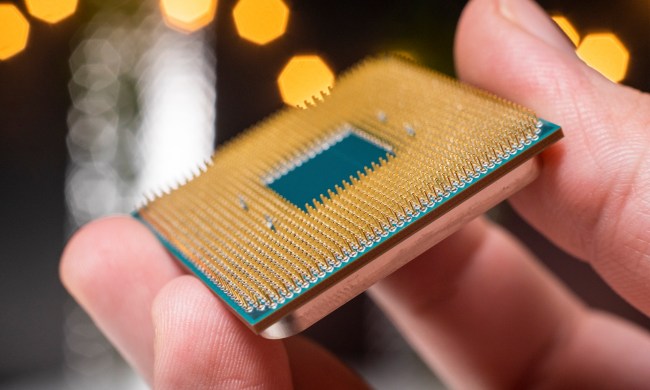
Drive maker and storage vendor Western Digital has agreed to acquire media maker Komag for about $1 billion. Komag is a major manufacturer of thin-film disks of the sort used in hard drives; Western Digital will be funding the acquisition through a combination of cash reserves and proceeds from a secured $1.25 billion loan.
“This acquisition is a significant step in the evolution and differentiation of WD as a leader in the worldwide hard drive industry,” said Western Digital president and CEO John Coyne, in a statement. “This acquisition will enable WD to optimize synergies through the integration of heads and media, secure our long-term supply of media, and sharpen our ability to deliver high quality, highly reliable and cost-effective products to our customers. We believe that Komag’s highly-skilled employees, an industry-leading position with perpendicular magnetic recording media, and its operational excellence will further strengthen WD’s competitive position.”
The deal highlights price pressures on the digital storage industry. In recent years the market has become highly commoditized and had been facing a steep decline in prices; several storage manufacturers—including Komag—to scale back its revenue forecasts.
Traditional hard drive technology was invented by IBM in the 1970s; IBM sold its business to Hitachi in 2003, at the same time Western Digital acquired the assets of bakrupt drive maker Read-Rite. In 2004, Western Digital rival Seagate bought Maxtor, one of the few remaining independent drive manufacturers.
Some industry watchers have raised questions about market actions leading up to the announcement of the Komag acquisition, noting an unusual surge in call trading on Komag stock prior to the announcement, particularly calls which would enable buyers to acquire Komag shares for $30 in the next few weeks. Komag stock has jumped to over $30 a share since the Western Digital announcement. The transaction has been unanimously approved by the boards of both companies, and is expected to close in the third quarter of this year, pending regulatory approval.


